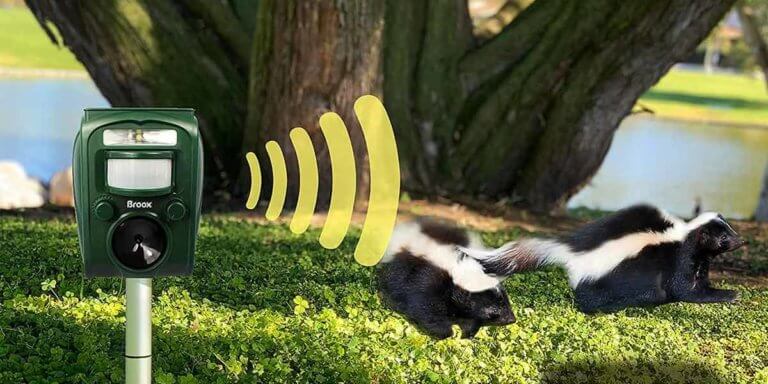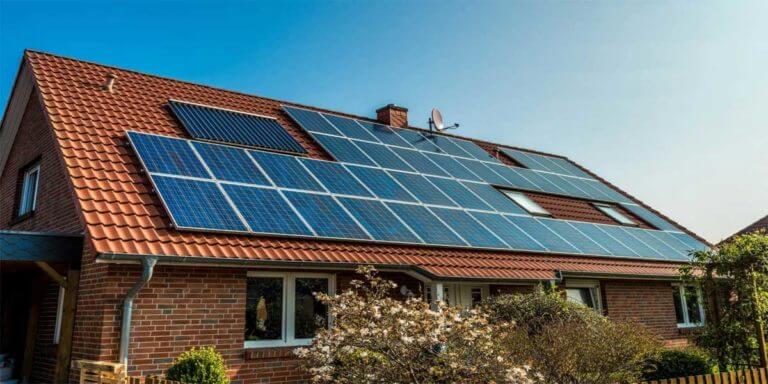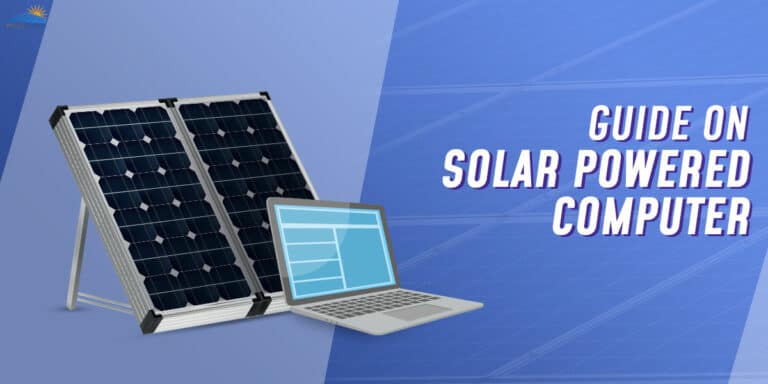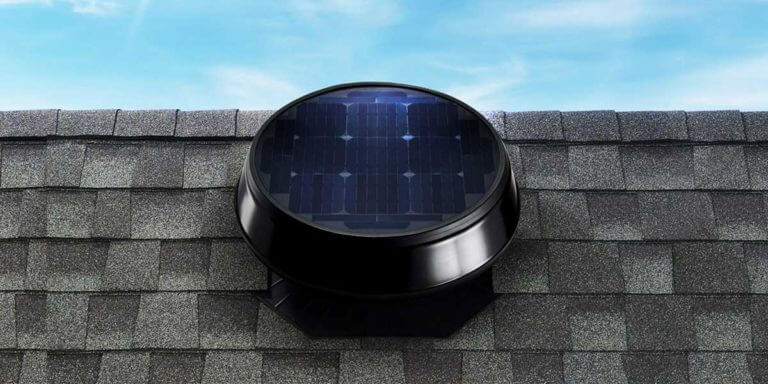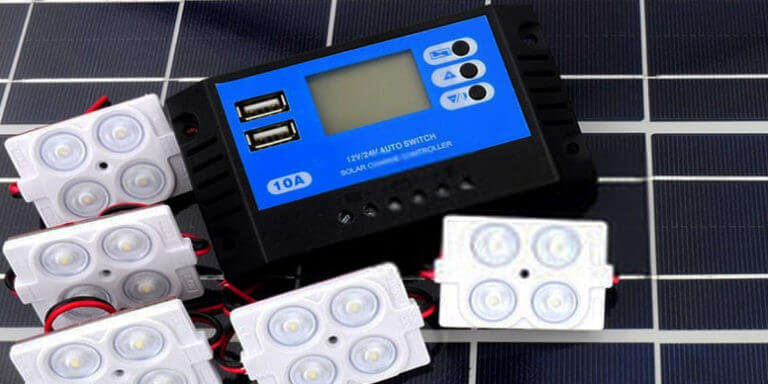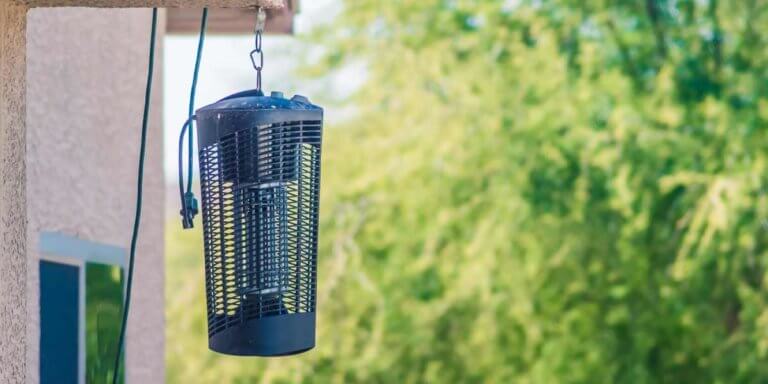Complete Guide To Solar Off Grid Water Heaters
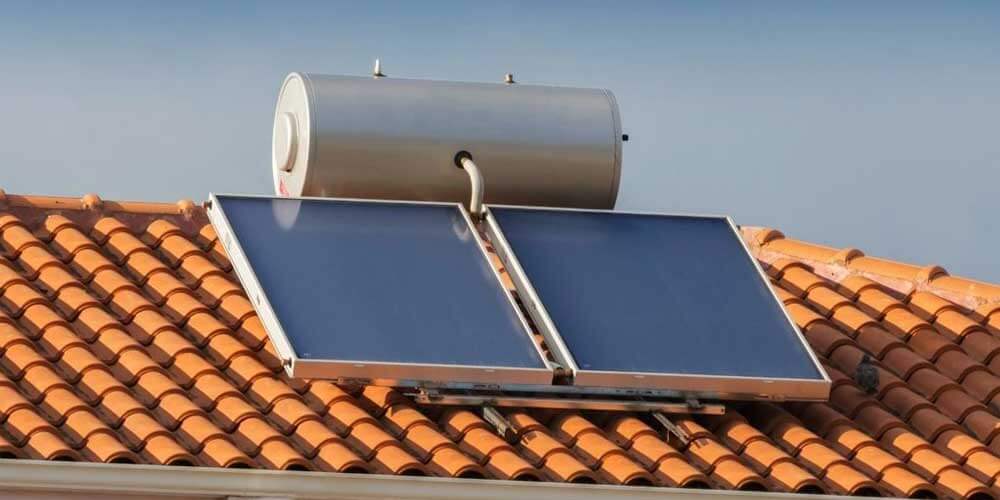
Heated water is almost a necessity at this point. Not only is it the optimal temperature for water most of the time, but it is also widely associated with a relaxing experience.
Some people even take warm showers or baths when they’re stressed because of how much it seems to help. Not only this, but you can also provide relief to sore muscles when you’re using warm water.
The benefits of heated water go on and on – yet it is also important to consider where exactly the heated water is coming from. Having a water heater is a definite luxury – and most people neglect this fact very often.
If you’re someone who lives the off-grid lifestyle, then you must revel in the daily chores that require you to get your own sources of energy. Off-grid water heating is a similar job – and if you’re unaware of the various sources of heating water, then this may seem like a hassle to you.
However, once you know how-to, it’s simple to harness energy from natural sources to heat your water. Doing so can complete your off-grid lifestyle and make it even more convenient for you henceforth. Let’s see how you can heat your water with solar energy.
Solar Vs. Other Off-Grid Water Heaters
As you may have guessed already, there are multiple sources of energy that can heat your water. Not all of them have the same advantages and may be wildly different from each other in terms of usage, so pick wisely when you’re considering off-grid water heating services.
1. On-Demand Off-Grid Water Heaters
These sources can give you hot water as and when required, and you can weigh in their pros and cons when you invest in either one as a viable source of energy. Either of them has its advantages and disadvantages, and you can consider them against the heating of solar water heaters as well.
a. Propane Water Heaters
If you’re thinking of using a propane water heater or have been someone who has used propane water heaters in the past, then a huge part of doing so is the propane refilling.
Propane refilling is an integral part of using propane water heaters that most initially neglect because of how convenient it seems on the surface. These function solely due to large amounts of propane being pumped into the water heater, and the energy is then released to heat water.
The sources of propane, however, are where the real problem lies. Propane is not easily obtainable from the environment and will need to be refilled from a gas station or a private propane company.
When it comes to independence from most external sources, propane might not be your best bet. These would require you to constantly go back and forth between gas stations for refilling your water heater.
How often you need to fill up your water tank is a completely different story. It largely depends on what you’re planning to use it for. So conserving warm water and using it judiciously would lead you to actually consume very small amounts of warm water and, by extension, propane. This would make your propane water heater last longer between refilling sessions.
Another major contributor to this question is the kind of weather you’re going to be having in that time period. If you’re going through a particularly summery stretch of time, then you’re essentially cutting down on spending propane as well.
However, if you’re facing adverse weather conditions such as extremely cold weather for a while, then you can prepare yourself for your propane usage to skyrocket.
When you’re looking for a propane water heater, you also need to consider the location of where you’re placing it to reflect your usage as well. If you’re looking to get an outdoor propane water heater, you don’t need to vent it to the outside.
If you’re considering an indoor propane water heater, however, then you have to necessarily vent it to the outside. Indoor propane water heaters are more sheltered from the aforementioned adverse weather conditions, while outdoor propane water heaters may require constant maintenance pertaining to how the weather is.
If you’re looking at a cold stretch, you have to make sure that your outdoor propane is not freezing or malfunctioning in any way.
b. Point Of Use Mini Tank Water Heater
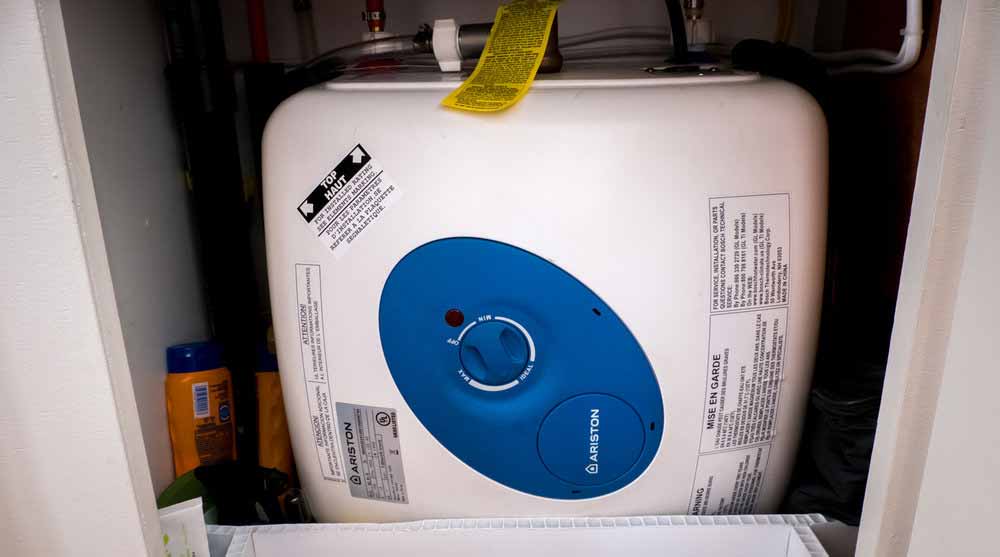
As the name suggests, these devices are only installed at places where you have a source of water – i.e., places where you need your hot water to be. Point Of Use Mini Tank Water Heaters are significantly smaller than regular electric water tank heaters, of course, but they definitely work a similar way.
When you have the need for hot water, all you have to do is switch them on, and you’ll get almost instant hot water at any of your water sources. How this takes place is due to the heating element that is present inside the Point Of Use Mini Tank Water Heater that is responsible for heating up the water.
This heated water then stays inside the tank until you run the faucet or something similar. As you can see, it’s a pretty straightforward procedure and is very similar to the larger electric water tank heaters.
There are also various places that you can install them under your kitchen sink, garage, or any additional household components that you may have. When you’re trying to live the off-grid lifestyle, this may be somewhat of a hindrance if you’re not planning the placement of your Point Of Use Mini Tank Water Heater very carefully.
There are, of course, some disadvantages that may show themselves after prolonged usage. You can not fill up these Point Of Use Mini Tank Water Heaters with copious amounts of water, owing to their size.
They will reheat the water introduced into them if you’re looking for constant usage, but this will deplete energy faster than anything else. They do not require a lot of energy in their own individual capacity, so they might actually be the better choice – but it is impractical if you need them to be under various crevices.
They can hold up to 7 gallons of water – which is not a small amount by any means, but it is not a large amount of water either. It comes right down to how judiciously you’re going to be monitoring your water and energy consumption.
The best things about these are perhaps the fact that they’re very minimalistic and portable, so you don’t have to designate a lot of space in order to install them into your off-grid lifestyle.
Because of their small size, they’re also incredibly quick to fill up and give you the hot water you need. However, they’re not built for heavy usages, which is why they’re usually installed under sinks.
However, suppose you’re sure about Point Of Use Mini Tank Water Heaters and feel like you can implement them spatially and conceptually. In that case, they might actually be pretty conducive to the off-grid lifestyle.
2. Solar Water Heaters
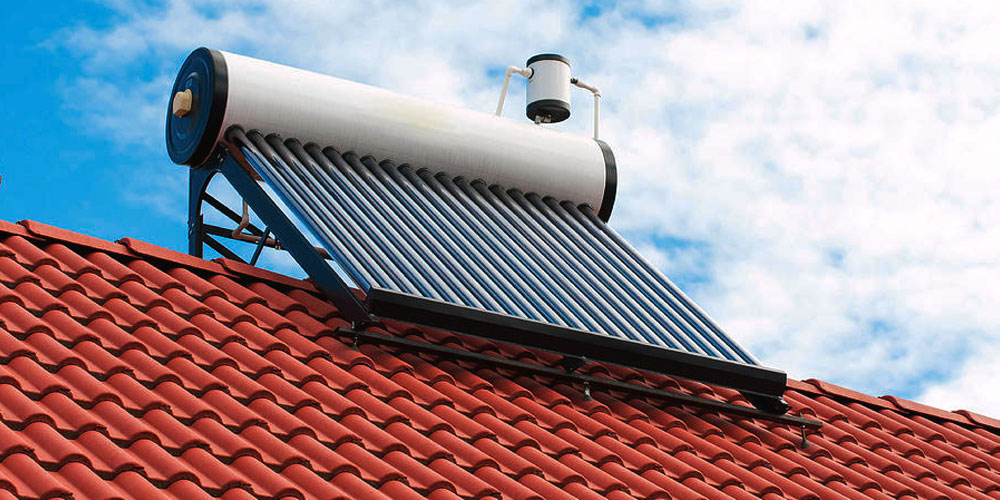
Now that we have a brief overview of propane water heaters and Point of Use Mini Tank water heaters, it’s time to see how well solar water heaters can do against these. As mentioned before, all systems have their advantages and disadvantages – the trick is to focus on one that will really cater to your specific off-grid lifestyle.
Advantages Of Solar Water Heaters
There are, in fact, multiple advantages of using solar water heaters for any of your water sources. This is also why it may be the safest and the most financially lucrative bet for you to invest in solar water heating resources. Some of these advantages are:
1. Cheaper in the long run
While thinking of investing in an off-grid tankless water heater, you have to look at the initial costs and the returns that it can give you over the years in terms of the initial costs.
And with the solar water heaters, the difference is especially apparent. While the initial installation may seem like a high cost for you, it ceases to be so in regards to productivity over the years.
However, as the name suggests, solar water heaters are largely run through the sun’s energy. So the costs that are usually required for the purposes of maintenance and running are cut down exponentially. Hence, solar heating systems are actually cheaper to own and run and would thus be a safe financial decision to make.
2. Easier to Maintain
Solar water heaters, because of the way in which they work, are very easy to understand and run. They’re not controlled by heavy machinery or electrical workings – instead, they draw from the energy present in sunlight to power their appliances or perform heating.
Most of the effort you have to put into your solar water heater is only at installation. Once it is properly set up and in place, it hardly requires any maintenance at all, and you will not have to put up with frequent corrosion or other problems, as in the case of non-solar water heaters.
3. More Eco-friendly than alternatives
The reason that solar water heaters are so renowned is their ability to be environmentally friendly and greatly efficient. Since they work through absorbing sunlight and converting it into usable energy, there is little need for artificial machinery or human-made energy resources.
This makes solar water heaters practical for long periods of time since sunlight is an inexhaustible energy source. You no longer need to be worrying about your carbon footprint if you invest in solar water heaters for your off-grid lifestyle.
4. Requires lesser space
Since they’re powerful on their own, solar water heaters don’t need to be installed in bulk to be working optimally. You can choose to install a few and expect the same powerful energy output as multiple non-solar water heater panels.
Disadvantages Of Solar Water Heaters
However, solar water heaters cannot be used to suit all purposes. Some situations do not allow for installing solar heaters, so you need to keep these disadvantages in mind lest you invest in them without adequate research.
1. Needs to be installed on the roof
Solar panels can be slightly disadvantageous to some who do not have adequate space on their roof to be installing solar water heater panels. If you’re in a space that hasn’t already been utilizing solar power in some way, then you’re going to need to install them first.
Figuring out space and the angles can be a bit of a hassle at first, especially if the structure of your house isn’t already optimized for it. The solar panels will need to be set up at angles that allow for maximum exposure to direct sunlight, so you’re going to have to keep several things in mind before you’re switching to solar water heaters.
2. Cannot supply hot water on demand
Perhaps one of the biggest disadvantages of installing a solar water heater system is that solar is, generally, not an on-demand service. Sure, you can store your already-heated water in the tank, but you’re going to have to be very meticulous in terms of how much water you’ve been utilizing and when. This has a lot to do with how solar energy works.
It takes time for the solar panels to convert sunlight into actually usable energy and then into heat – so if you do not remember to constantly refill your stock of warm water, then there’s a chance that you’ll run out fairly quickly.
3. Cannot function optimally on non-sunny days
Again, owing to the general mechanism of how solar energy works, it is impractical to expect that it will give you the same amount of heated water in all climates. It works best when it is sunny outside, though that does not necessarily mean that you’ll have to forego warm water when it is nighttime or after the sun has set.
You can still get your supply of warm water, albeit the fact that you’ll have to store it previously in the tank. But if you’ve been having a stretch of particularly cloudy or foggy days, then you may expect your solar water heating system to not work as well as on a sunny day.
How Does A Solar Water Heater Work?
A solar-powered heating system generally works by absorbing the energy from the direct heat from the sun to the collector panels located on the roof.
Therefore, this energy is then transmitted to the water stored in the water tank. ‘Booster’ heating is an excellent method to heat water at times when there isn’t enough solar power to heat the water. This method can be used with the help of electricity, wetback, or even gas.
There are three main components of a solar-powered heating system: solar collectors, the hot water tank, and equipment such as controllers and pumps.
1. Active Solar Water Heaters
In active solar water heating systems, pumps, blowers, and other mechanical devices are required for the circulation of the working fluid to transport heat. However, these heating systems do not necessarily require any special building designs.
Active solar water heating systems utilize solar radiations that are collected using separate collectors. Solar energy may be stored in either latent heat storage or sensible heat storage materials for the redistribution in building space by using pumps, fans, blowers, etc. An active system is more expensive as compared to a passive system, and the former is best suited for almost any location and type of building.
2. Passive Solar Water Heaters
A passive solar water system usually operates without the help of any blowers, mechanical devices, or pumps. In contrast to the active solar water systems, this system does require a specific building design.
The solar radiations are usually collected and stored by an element of the structure, followed by selecting other elements of the building such as walls, windows, roof, partitions, etc. This is to ensure the architectural integrity of their participation in storage and collection and transportation and distribution of the heat. You will find this method being used in a lot of Solar Pool Heaters and Solar Showers.
In comparison to active solar water heating systems, these are suitable for places where there is an adequate amount of sunlight exposure. Passive solar water heating systems are comparatively less expensive than active solar water heating systems in terms of construction and operation.
How To Choose A Solar Water Heater?
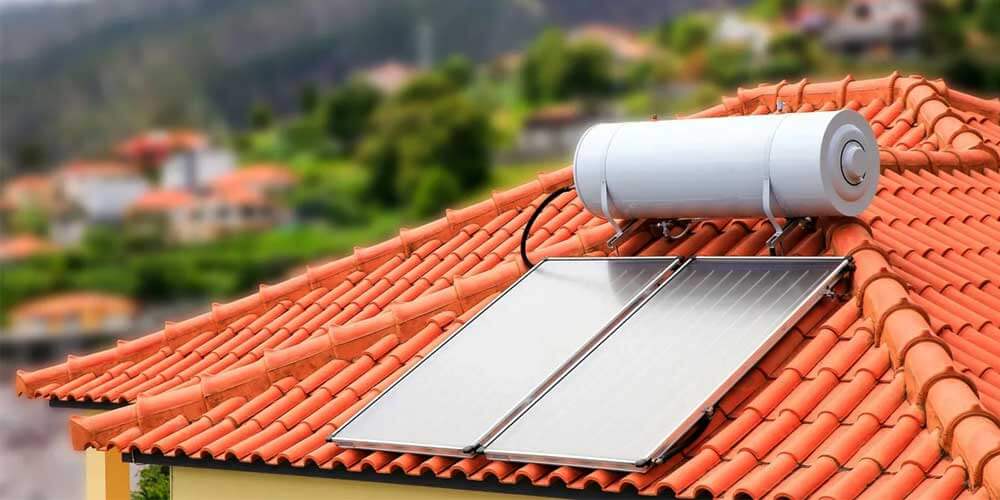
1. Capacity
Well, as a rule of thumb, an adequate water-efficient household generally requires a system size of 50 liters per person, depending on the number of floors it’s covering while reaching your bathroom.
For example, if the heating system is installed just above the bathroom terrace, then 100 liters should be sufficient for at least 3 people. However, if the heating system is installed above three floors, you’ll require 150 liters to do the same job. This is because the wastewater usually travels higher as the floor level increases.
2. Ease Of Use
Energy cost in the case of a solar-powered water heating system is completely free of cost. Another important thing to mention is that these systems runoff based on the energy produced as long as the sun is shining bright.
Therefore, it reduces human effort. Additionally, for the days with cloudy or wet weather, many solar units are designed to provide sufficient energy even when the sunlight is unavailable.
Solar-powered water heating systems are also considered space savers since they need less installation space than traditional gas or fuel run water heaters.
3. Durability
The durability of solar-powered water heating systems can be termed as around 15-20 years, depending upon several tricks and tips that are used to protect the inner tank of the solar water heating system, whereas a glass-coated tank for supreme solar can last up to 25 years roughly.
Conclusion
With proper insulation and sunlight, solar-powered water heating systems can also work quite well during the winters. The solar radiation causes heat that comes through the glass and heat enclosures, even when the temperature outside is below freezing. Therefore, solar-powered water heating systems can be an excellent alternative to conventional water heating systems.

